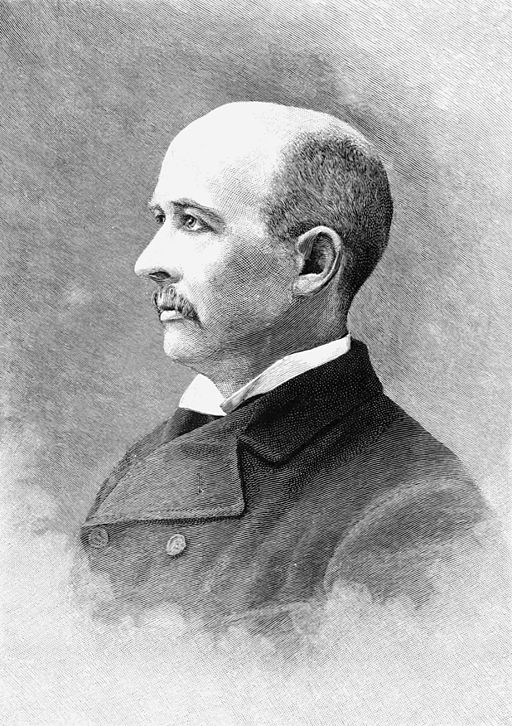Liberty Matters
The Path Away from Evolutionism
 In this final response to the essays by Zwolinski and Magness, I want to focus on an intellectual trend that should be of concern to any reader who values personal autonomy. After the eclipse of classical-liberal social science, the academy oriented itself toward some very illiberal frameworks such as eugenics. These ideas, which I termed retrenchment social science in my previous response, combined nationalist impulses, interventionist social science, and a desire to correct or control undesirable populations.
In this final response to the essays by Zwolinski and Magness, I want to focus on an intellectual trend that should be of concern to any reader who values personal autonomy. After the eclipse of classical-liberal social science, the academy oriented itself toward some very illiberal frameworks such as eugenics. These ideas, which I termed retrenchment social science in my previous response, combined nationalist impulses, interventionist social science, and a desire to correct or control undesirable populations.This discussion originated in the discussion of William Graham Sumner, who was one of the leading classical liberals of his day, but helps illuminate the path to the present. The discussion of how Sumner was critiqued and what replaced his ideas points to the need to excavate the intellectual landscape that emerged in the early 1900s. Much intellectual history, especially that written by classical liberals, focuses on the rise of socialist thinking. There is also an understandable focus on the history of economic thought, especially that of Keynes and his contemporaries.
Perhaps what is more important in the American context is the history of retrenchment social science. If one takes the writings of classical liberals like Sumner and Spencer as a starting point, then the question is less about socialist thought and its descendants and more about retrenchment social science broadly understood not just as economic theory but also social and cultural theory.
Taking this perspective, one is led to a series of questions. For example, what legacies, if any, did intellectuals of the late 20th century inherit from the retrenchment social science of the early 20th century? How do encroachments of freedom such as mass incarceration rely on these earlier intellectuals?
Another important question for classical liberals is how the insights of Sumner should be returned to modern thinking. One argument is that later generations of scholars have already built on these ideas. In modern sociology, neo-institutional scholars already recognize Sumner as a forebear but have developed his ideas in new ways. Similarly, his critiques of welfare states have been presented in a much more modern way by public-choice theorists. But aside from the followers of Hayek, few other social scientists so consistently focus on the spontaneous order of society. Whatever route classical-liberal social science takes in the future, it would be enriched by further consideration of its evolutionist heritage.
Copyright and Fair Use Statement
“Liberty Matters” is the copyright of Liberty Fund, Inc. This material is put on line to further the educational goals of Liberty Fund, Inc. These essays and responses may be quoted and otherwise used under “fair use” provisions for educational and academic purposes. To reprint these essays in course booklets requires the prior permission of Liberty Fund, Inc. Please contact oll@libertyfund.org if you have any questions.